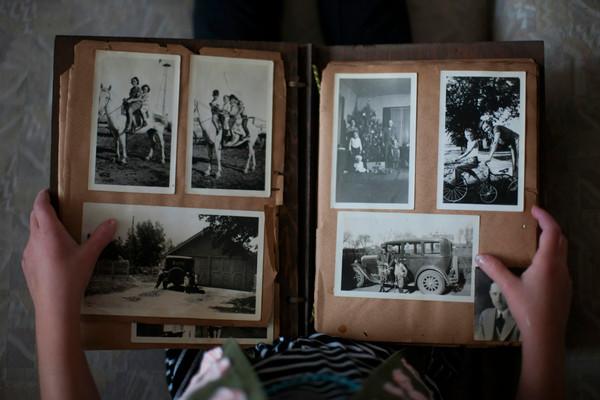This Is Where Your Childhood Memories Went
Curated from: nautil.us
Ideas, facts & insights covering these topics:
5 ideas
·16.6K reads
152
2
Explore the World's Best Ideas
Join today and uncover 100+ curated journeys from 50+ topics. Unlock access to our mobile app with extensive features.
Childhood amnesia
On average, people’s memories stretch back no farther than the age of three and a half.
New science suggests that when we move into adulthood, the brain must let go of much of our childhood.
389
4.67K reads
Our earliest memories are forgotten
- In the early 1900s, Sigmund Freud gave childhood amnesia its name. The most commonly accepted explanation for childhood amnesia was that children couldn't form stable memories until age 7 - even though evidence for this idea was lacking.
- In the late 1980s, experiments revealed that children three and younger keep their memories, although it is limited. At 6 months of age, infants' memories last for a day, and by age 2, for a year. At around age 6, children begin to forget many of their earliest memories.
367
3.51K reads
The early childhood brain
From birth to our early teens, we have far more links between brain cells. The excess brain mass is very adaptable and allows children to learn very quickly.
But the adaptability comes with a price. The large and complex network in the brain is still busy growing and not as capable of forming memories efficiently as in adulthood. Consequently, long-term memories created in our first three years of life are the least stable and prone to be forgotten as we age.
346
2.86K reads
The restructuring of memory circuits
Studies revealed that the circuits of neurons that store our earliest memories are not eliminated by neurogenesis—the growth of whole new neurons - but that they are wholly restructured, making it difficult to recall first memories.
This means that some childhood memories are missing while others persist in a patchy way.
345
2.64K reads
Our memories can't be fully trusted
Even if we do have a few distinct memories that survive the cycles of growth and decay, we can never fully trust them. Some may be entirely fabricated.
The research demonstrated that our earliest memories are a blend of real recollections, stories we copied from others, and imaginary scenes dreamt up by the subconscious.
378
2.94K reads
IDEAS CURATED BY
Laksh Bedi's ideas are part of this journey:
Learn more about health with this collection
The importance of physical activity
The role of genetics in lifespan
How to maintain a healthy diet
Related collections
Similar ideas
4 ideas
3 ideas
Why You Can’t Remember Being Born: A Look at ‘Infantile Amnesia’
scientificamerican.com
3 ideas
Why We Can’t Remember Our Youngest Years
psychologytoday.com
Read & Learn
20x Faster
without
deepstash
with
deepstash
with
deepstash
Personalized microlearning
—
100+ Learning Journeys
—
Access to 200,000+ ideas
—
Access to the mobile app
—
Unlimited idea saving
—
—
Unlimited history
—
—
Unlimited listening to ideas
—
—
Downloading & offline access
—
—
Supercharge your mind with one idea per day
Enter your email and spend 1 minute every day to learn something new.
I agree to receive email updates

